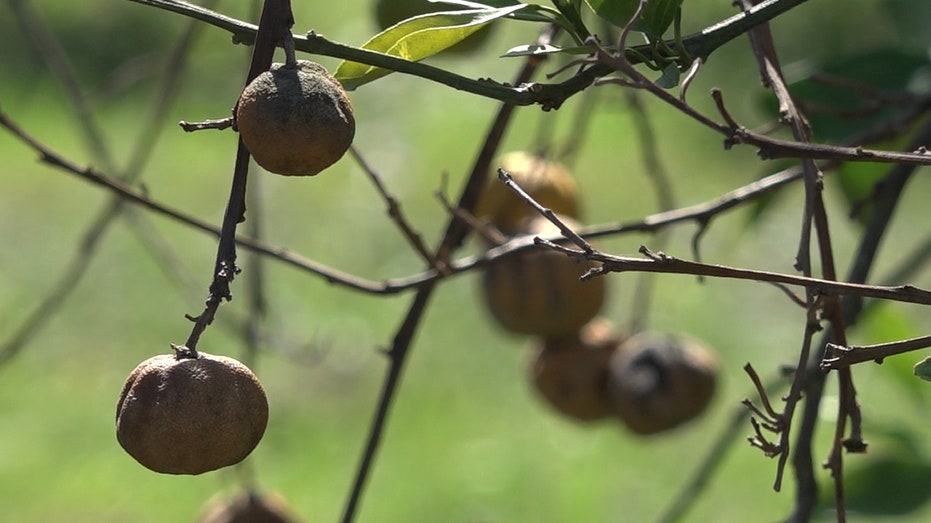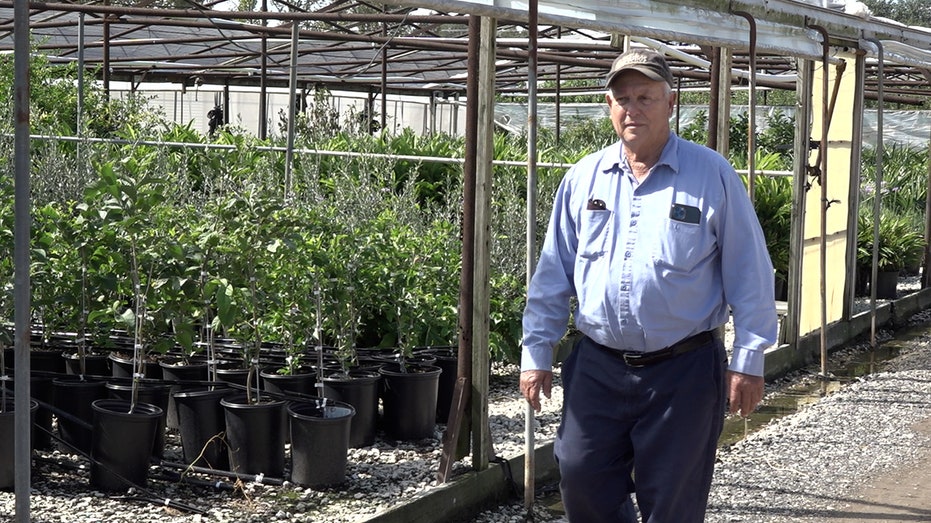Saltwater Intrusion Threatens Louisiana Farmers and Citrus Industry
Farmers who rely on water from the Mississippi River are facing a dire situation as projections show saltwater from the Gulf of Mexico continues to push up the river, threatening the drinking water of thousands of people in Louisiana. But it’s not just the residents who are at risk; the state’s citrus industry is also in danger.
The Heartbeat of Louisiana’s Citrus Industry
Plaquemines Parish, known as the heartbeat of Louisiana’s citrus industry, is particularly vulnerable to the saltwater intrusion. According to Commissioner for the Louisiana Department of Agriculture and Forestry Dr. Mike Strain, saltwater can have a detrimental effect on citrus plants at any stage of their growth.
Dr. Strain emphasized the economic significance of the citrus industry, stating that it contributes around million in direct revenue from the fruit and an additional to million annually from the citrus plants themselves. Therefore, the threat posed by saltwater intrusion is not only a concern for farmers but also for the agricultural economy as a whole.
As saltwater starts to affect citrus plants, farmers are witnessing drooping or yellow leaves, signaling that their crops are in danger. This situation has left farmers with limited time to save their plants.
The Unprecedented Threat to Citrus Farms
Joseph Ranatza, owner of Star Nursery, expressed his astonishment at the severity of the saltwater threat, stating that he has never seen a situation this bad before. The uncertainty surrounding the impact on his citrus orders across the country adds to the anxiety.
Ranatza’s nursery relies on water from the Mississippi River, but with the looming saltwater threat, he has had to make significant changes to his irrigation methods. Instead of watering the entire plant, Ranatza now gives the smallest amount of water possible to the base of the plant, using plastic tubes to slowly drip water into the pot.
By adopting this drip irrigation method, Ranatza hopes to minimize the absorption of salt by the roots and prevent foliage burn, which can ultimately kill the plants. He explained that they apply only a drop of water at a time for about 15 to 20 minutes every other day to keep the plants alive.
A Long-Term Problem
The New Orleans District U.S. Army Corps of Engineers has provided a timeline showing that the saltwater intrusion will reach Belle Chasse on October 27th. They anticipate this issue to persist until early January.
Dr. Strain believes that this could be a long-term problem for farmers, with potentially devastating consequences for their livelihoods. He advises farmers to regularly check the salinity levels in the water they use for irrigation and suggests diluting saltwater with any available freshwater they may have stored.
As the threat of saltwater intrusion continues to loom over Louisiana’s farmers and citrus industry, finding sustainable solutions and adapting farming practices become crucial for their survival.























